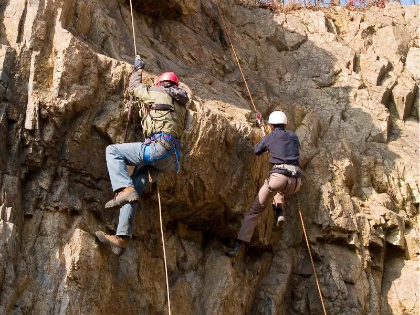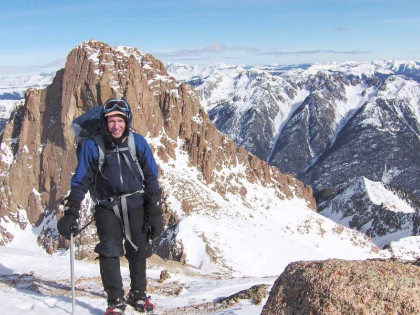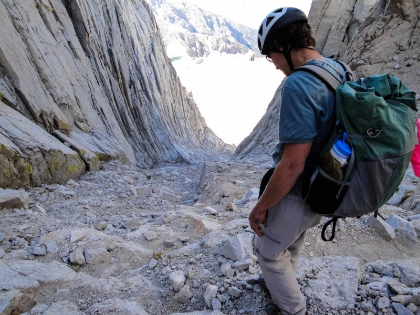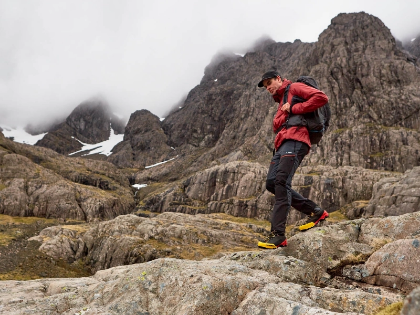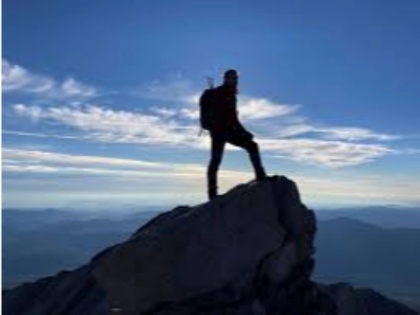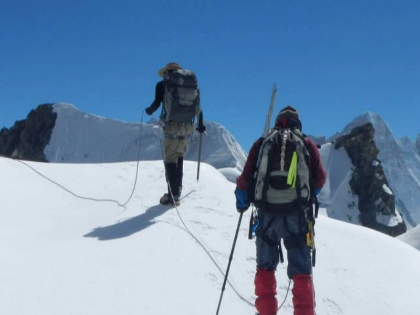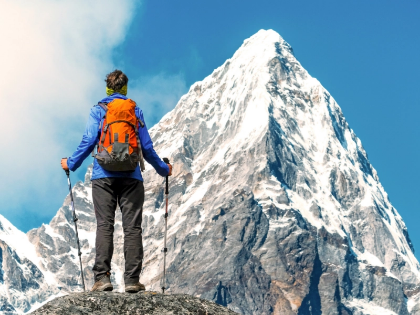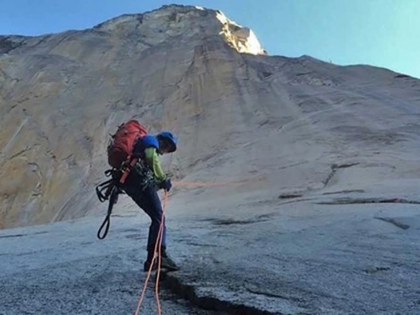Mountaineering for Beginners
The idea that mountaineering is exclusively for experienced explorers and top athletes is a prevalent one. The truth is that anyone who is prepared to challenge their physical and mental limits can enjoy mountaineering. Climbers develop the ability to persevere and take one step at a time in the face of setbacks. This is a useful ability that has applications in different spheres of life.
What makes a routine expedition successful?
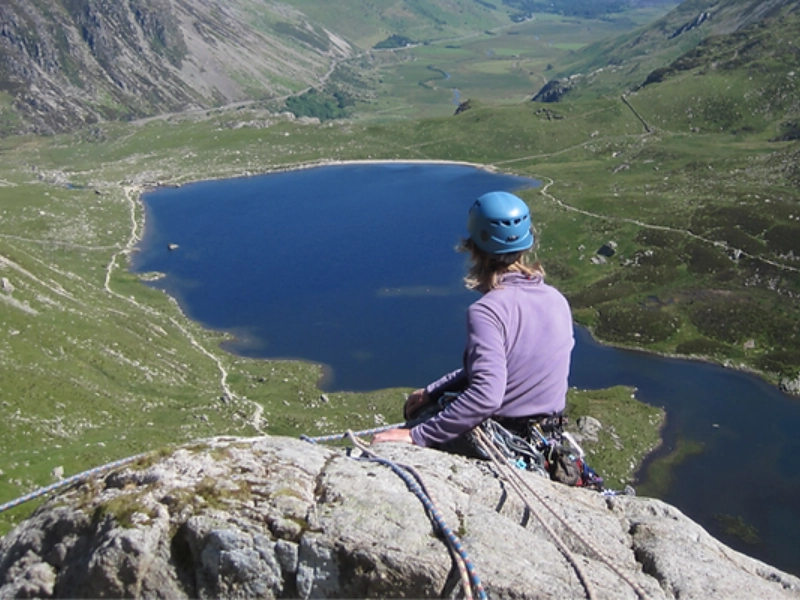 Many specific outdoor skills and equipment are needed for mountaineering. Going mountaineering without the necessary equipment and experience is not a good idea. Additionally, effective communication is essential so that you can ask for assistance when needed. You ought to be able to explain what's going on on the mountain and know how to use the appropriate instructions.
Before taking on a mountain, those who are new to mountaineering should begin with a less demanding adventure. Selecting a less difficult ascent will enable them to become acquainted with the mountain and the necessary equipment. They should also learn how to tie a variety of knots and hone their rope skills. Strong physical endurance is also advantageous because there will be a lot of walking and long-distance weightlifting.
Recall that climbing mountains is not always successful and that numerous skilled climbers have lost their lives while on expedition. But anyone may experience the joys that mountaineering has to offer with proper planning, training, and a little bit of luck.
Many specific outdoor skills and equipment are needed for mountaineering. Going mountaineering without the necessary equipment and experience is not a good idea. Additionally, effective communication is essential so that you can ask for assistance when needed. You ought to be able to explain what's going on on the mountain and know how to use the appropriate instructions.
Before taking on a mountain, those who are new to mountaineering should begin with a less demanding adventure. Selecting a less difficult ascent will enable them to become acquainted with the mountain and the necessary equipment. They should also learn how to tie a variety of knots and hone their rope skills. Strong physical endurance is also advantageous because there will be a lot of walking and long-distance weightlifting.
Recall that climbing mountains is not always successful and that numerous skilled climbers have lost their lives while on expedition. But anyone may experience the joys that mountaineering has to offer with proper planning, training, and a little bit of luck.
To what kind of heights are average people able to climb?
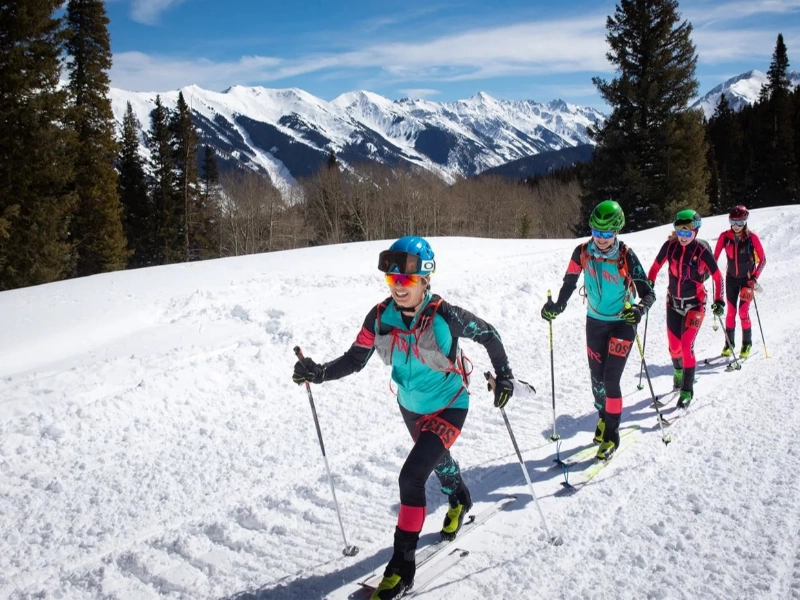 Certain individuals may believe that they are incapable of climbing mountains because of their age, level of physical fitness, or fear. However, there's no reason to allow those worries to prevent children from indulging in the carefree joys of exploring natural areas.
Mountaineers require not only technical climbing skills and athleticism but also the ability to overcome mental exhaustion. Severe exhaustion might go unreported and progressively compromise resilience over time, frequently during the most crucial times when climbers are most in need of their fortitude and skills.
High-altitude climbing can sometimes be quite risky. Oxygen is scarce above 8,000 feet, making it easy to have symptoms like headaches, appetite loss, and difficulty sleeping. These symptoms have the potential to cause fatal brain or lung enlargement. In order to prevent slipping into cracks, climbers should also be conversant with snow navigation techniques such as step-kicking and plunge-stepping. They also need to know how to use ice axes for self-belay and avalanche prevention.
Certain individuals may believe that they are incapable of climbing mountains because of their age, level of physical fitness, or fear. However, there's no reason to allow those worries to prevent children from indulging in the carefree joys of exploring natural areas.
Mountaineers require not only technical climbing skills and athleticism but also the ability to overcome mental exhaustion. Severe exhaustion might go unreported and progressively compromise resilience over time, frequently during the most crucial times when climbers are most in need of their fortitude and skills.
High-altitude climbing can sometimes be quite risky. Oxygen is scarce above 8,000 feet, making it easy to have symptoms like headaches, appetite loss, and difficulty sleeping. These symptoms have the potential to cause fatal brain or lung enlargement. In order to prevent slipping into cracks, climbers should also be conversant with snow navigation techniques such as step-kicking and plunge-stepping. They also need to know how to use ice axes for self-belay and avalanche prevention.
What safety measures ought to terrain climbers take at every turn?
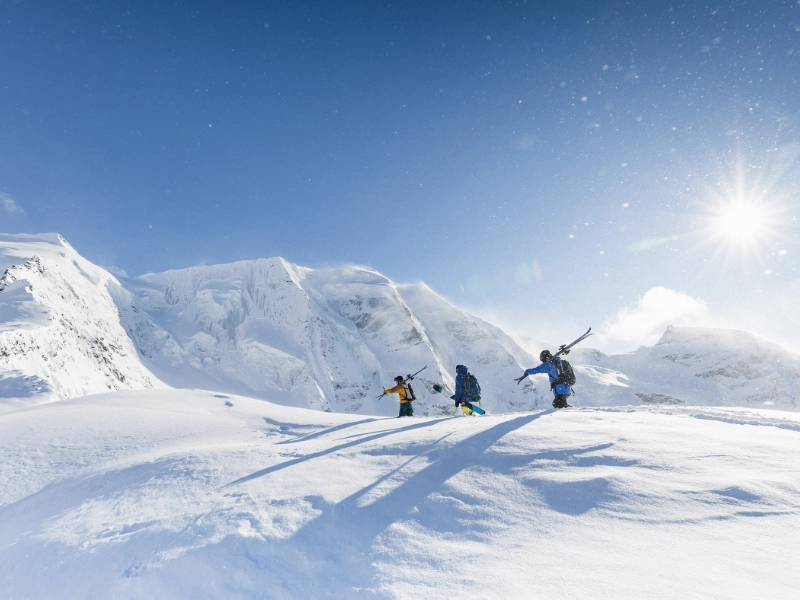 To get started on snow and glaciers as a beginner climber, it's recommended to enroll in a mountaineering course or work with a guide. Additionally, pick a peak that is doable for you. Start with a shorter ascent if you're not used to hiking long days with a large pack. It's also critical to abide by the seven Leave No Trace guidelines. This will reduce erosion, protect the plants, and maintain the feeling of being in the wilderness.
Although it can be an exhilarating hobby, mountaineering is not for everyone. Aside from utilizing specialized equipment and ascending to high altitudes, mountain climbing entails risk-taking activities including rock falls, avalanches, and concealed crevasses. It might also be challenging to reach the summit due to the unpredictable mountain weather. However, the feeling of achievement one gets from reaching the peak might make the effort worthwhile. In addition, mountaineers need to have enough food, water, and supplies to last for extended periods of time in the backcountry.
To get started on snow and glaciers as a beginner climber, it's recommended to enroll in a mountaineering course or work with a guide. Additionally, pick a peak that is doable for you. Start with a shorter ascent if you're not used to hiking long days with a large pack. It's also critical to abide by the seven Leave No Trace guidelines. This will reduce erosion, protect the plants, and maintain the feeling of being in the wilderness.
Although it can be an exhilarating hobby, mountaineering is not for everyone. Aside from utilizing specialized equipment and ascending to high altitudes, mountain climbing entails risk-taking activities including rock falls, avalanches, and concealed crevasses. It might also be challenging to reach the summit due to the unpredictable mountain weather. However, the feeling of achievement one gets from reaching the peak might make the effort worthwhile. In addition, mountaineers need to have enough food, water, and supplies to last for extended periods of time in the backcountry.
What does the average mountaineer experience?
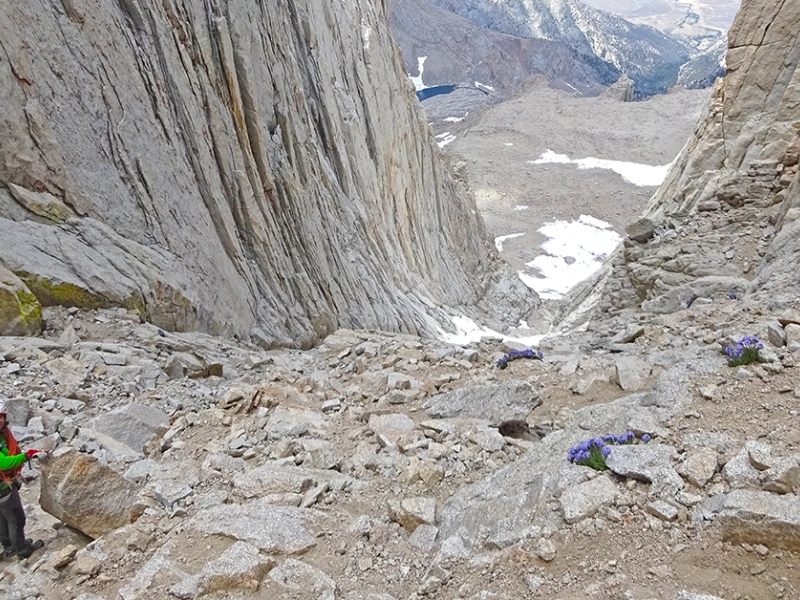 Mountaineers frequently experience altitude sickness. The deficiency of oxygen at high altitudes is the cause of this. This may result in fluid buildup in the lungs (high-altitude pulmonary edema) or swelling in the brain (high-altitude cerebral edema). Climbers may lose their lives due to this dangerous problem.
Without a guide, mountaineering is out of reach for a lot of individuals. A competent mountain guide will be knowledgeable about the terrain and able to assist climbers of all experience levels. Before taking them on a more difficult trip, guides frequently offer to educate novices on the principles of mountain climbing.
Knowing what necessary equipment you'll need for your specific excursion is helpful before you start mountaineering. This will assist you in deciding what you should gradually purchase by keeping an eye out for sales and what you can rent or borrow. Above all, remember to enjoy the journey and practice self-compassion.
Mountaineers frequently experience altitude sickness. The deficiency of oxygen at high altitudes is the cause of this. This may result in fluid buildup in the lungs (high-altitude pulmonary edema) or swelling in the brain (high-altitude cerebral edema). Climbers may lose their lives due to this dangerous problem.
Without a guide, mountaineering is out of reach for a lot of individuals. A competent mountain guide will be knowledgeable about the terrain and able to assist climbers of all experience levels. Before taking them on a more difficult trip, guides frequently offer to educate novices on the principles of mountain climbing.
Knowing what necessary equipment you'll need for your specific excursion is helpful before you start mountaineering. This will assist you in deciding what you should gradually purchase by keeping an eye out for sales and what you can rent or borrow. Above all, remember to enjoy the journey and practice self-compassion.
